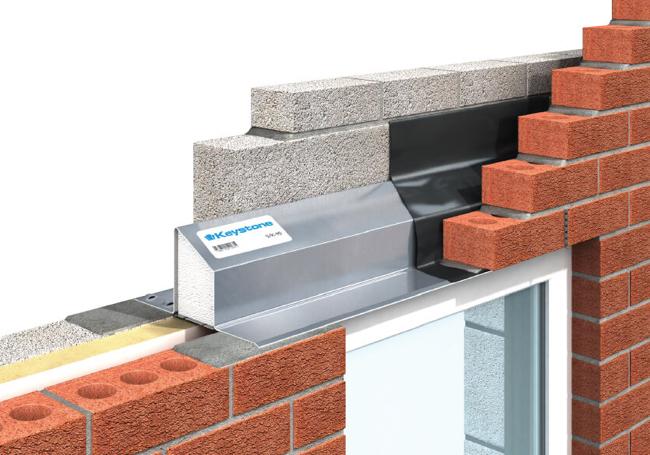Types of Steel Lintels and Their Uses

For a long time, timber lintels have been the most commonly used type of lintel. However, as the construction industry continues to evolve, this type of lintel has ceased in popularity and given way to modern and sophisticated kinds of lintels. One of these modern techniques is the steel lintel. In this piece, we will provide you with a clear definition of a lintel and its various types and uses.
What is a Steel Lintel?
Steel lintels are beams used in structural openings such as doors and windows to support the load from the top of the structure. The ends of the lintel are usually fixed on the wall, which also must be of the same width as the lintel. Lintels come in different types depending on their material and type of construction. Lintels that are horizontally designed are the most common and easy to use compared to curved ones.
Dimensions of Lintels
At Metal Fabricators Sydney, we estimate the following dimensions of a lintel as the standard minimum bearing of a lintel:
10 cm standard length
The average height of the beam
1/10th to 1/12th average size of lintel
Types of Steel Lintels and Their Uses
Standard Cavity Steel Lintel: This type of steel lintel is versatile and used for various purposes. They are mostly heavy-duty and applicable in storied or high commercial buildings. Each leaf within a standard Cavity Lintel is designed to be compatible with at least 98mm of blockwork.
Wider Inner Leaf Lintel: Wider inner leaf lintel is ideal for heavy brick and blockwork of between 125-150mm of the inner leaf.
Wider Outer Leaf Lintel: Otherwise known as WOLs, this type of steel lintel comes with a typical broader leaf outside. They have a higher weight capacity that can support heavy structures in construction. Wider outer leaf lintels are compatible with the stonework of about 125-150 mm.
Short Outer Leaf Lintel: Typically referred to as SOLs, short outer leaf steel lintels come in various sizes, mostly heavy-duty. SOLs are designed with an outer leaf of about 78mm and suitable for brick cant.
Rolled Steel Lintels: Rolled Steel lintels and Rolled Steel channels are two types of Steel lintels designed for heavy loads and broader openings. They are mostly used in commercial structures and storied buildings.
Closed Eaves Lintels: Eave lintels are mostly suitable for taking full inner leaf loads.
Single Leaf Lintels: Single leaf lintels are outer wall lintels that come in three types: MB lintels which are suitable especially for meter boxes; Tray or TR lintels which serves the same purpose as MB lintels and Channel or CH lintels which are mostly used alongside concrete lintels since they are highly versatile.
Internal Solid Wall Lintels: Internal concrete wall lintels are box-shaped with heavy-duty and light-duty variants. They can be used in any application.
External Solid Wall Lintels: This type of steel lintel comes in two types: Inverted lintels and Channel lintels which can be used in various applications.
Special Lintels: These lintels can be customized into different solving arch requirements. Common types of special Lintels include apex lintels, parabolic lintels, and semi-circular lintels.
Bottom Line
There are various types of Steel lintels, each designed with specific dimensions and a particular application. If you'd like to learn more about steel lintels, visit our website or contact your local Metal Fabricators, Sydney, for professional and in-depth analysis.





